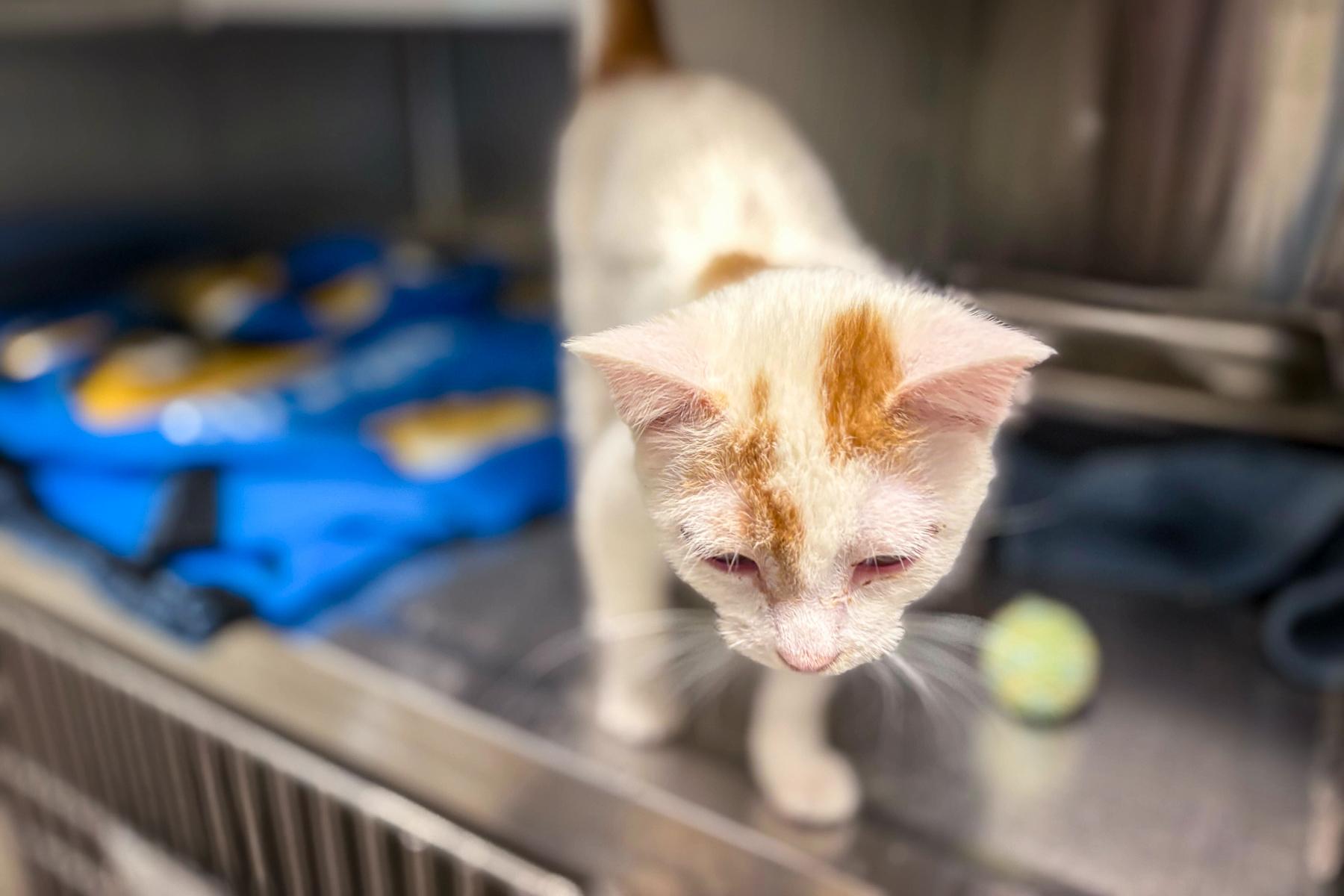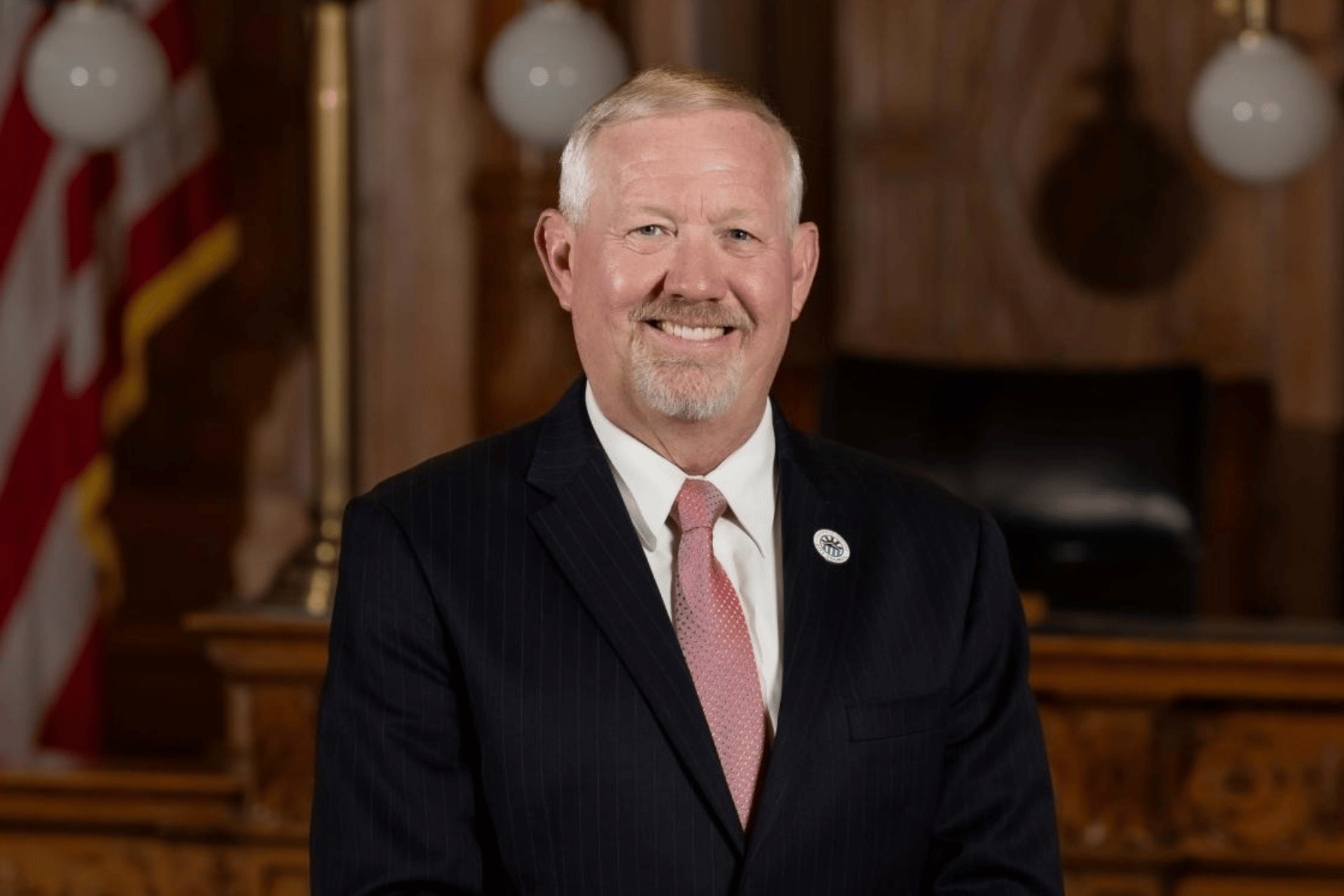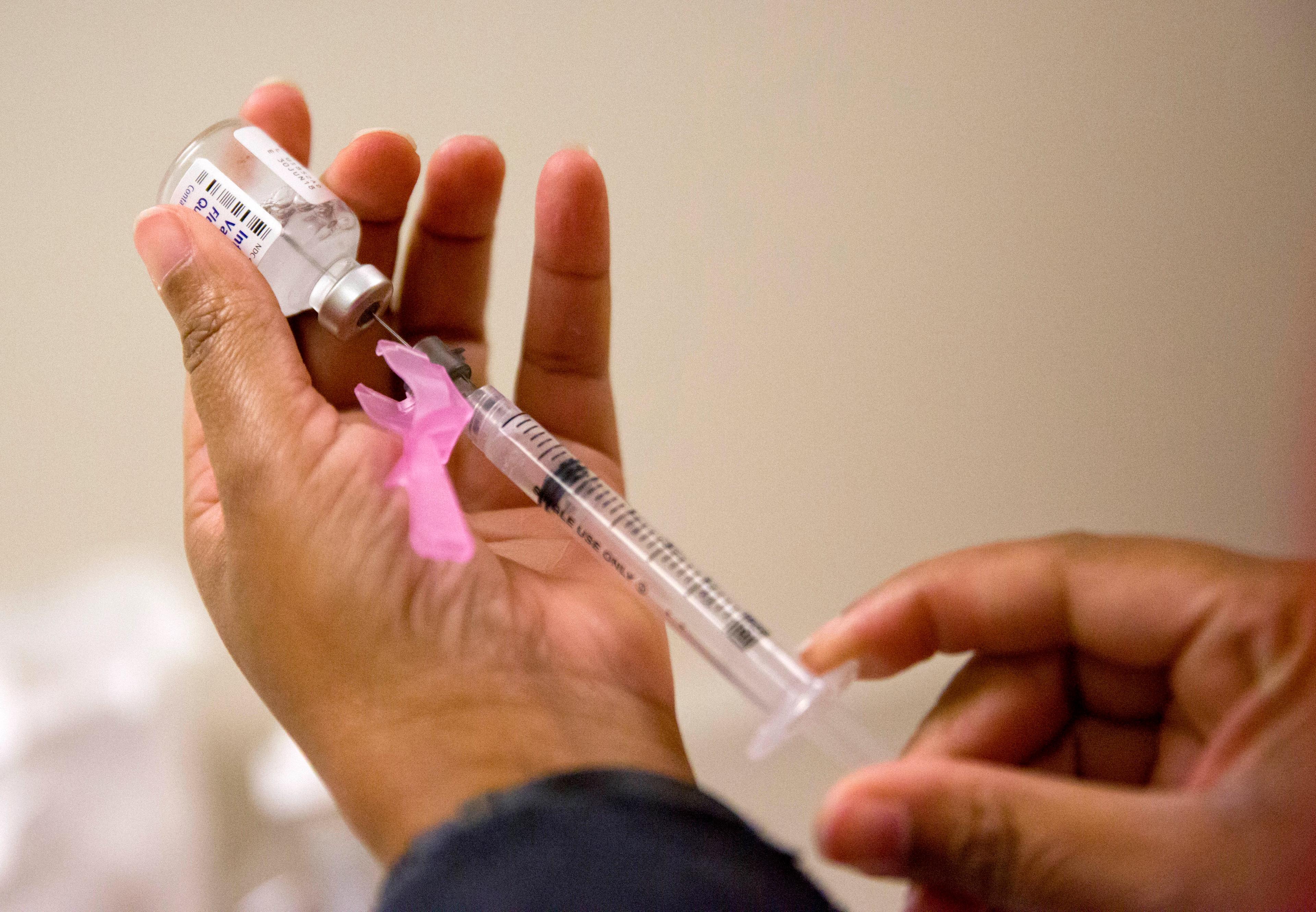
Gov. Jared Polis' full-day kindergarten proposal comes with an asking price of $227 million, making it a fair concern to want to see the research and reviews before signing off.
Duke University professor Harris Cooper ran a meta-analysis of full-day kindergarten studies, studying the research that's out there.
The conclusion? It's effective.
"It does affect kids’ achievement. Kids who go to full-day kindergarten perform better," Cooper said.
Right now, Colorado only pays for half-day kindergarten, leaving it up to the districts whether or not to provide a full-day. In some communities, there's no public kindergarten in any form.
A state-specific study conducted by the Colorado Preschool Program found similar benefits to Cooper's research. Low-income students who attended preschool and kindergarten are less likely to have reading deficiencies, less likely to be held back in early grades and more likely to graduate on time than their peers.
Cooper's meta-analysis found that by third grade, children who attended full-day kindergarten do as well as those who went to half-day classes. While that may seem like a limited return on investment, because of how full-day programs reach students from low-income and minority families, it's proof of the successes.
"Kids who go to full-day kindergarten at this point … tended to be from poorer and urban homes. So they’re going to start out with a disadvantage, and what full-day kindergarten does is it gives them a bump up," Cooper said.
He cautioned that it's key to remember that not all 5-year-olds are ready to be away from their parents for a full day of kindergarten. For those who aren't ready, alternative routes may be better, Cooper said. And even for those who are prepared, teachers should still anticipate a room of children with different maturity levels.
"The bottom line is, yes, full-day kindergarten is great for kids, but we have to be careful (to remember) that they are still only 5 years old, they will vary in their level of maturity, and we’re not just trying to make kindergarten first grade," Cooper said.
Full-day kindergarten is also generally popular with parents and teachers. Families with working parents especially benefit, Cooper said. And teachers enjoy having more time with their students.
"Teachers like the fact that they can be a little more relaxed about their instruction (and) that they get to know the kids better," Cooper said.
It's important to recognize that full-day kindergarten is not a "silver bullet," Cooper said, but a piece of the puzzle in helping underprivileged kids succeed long-term.
"It doesn’t mean that we’re done with them when first grade starts. They still need help," Cooper said.









